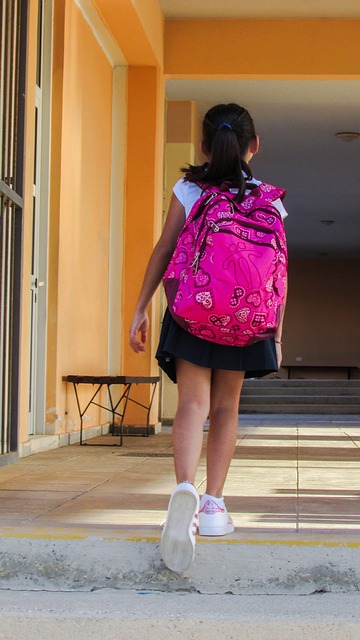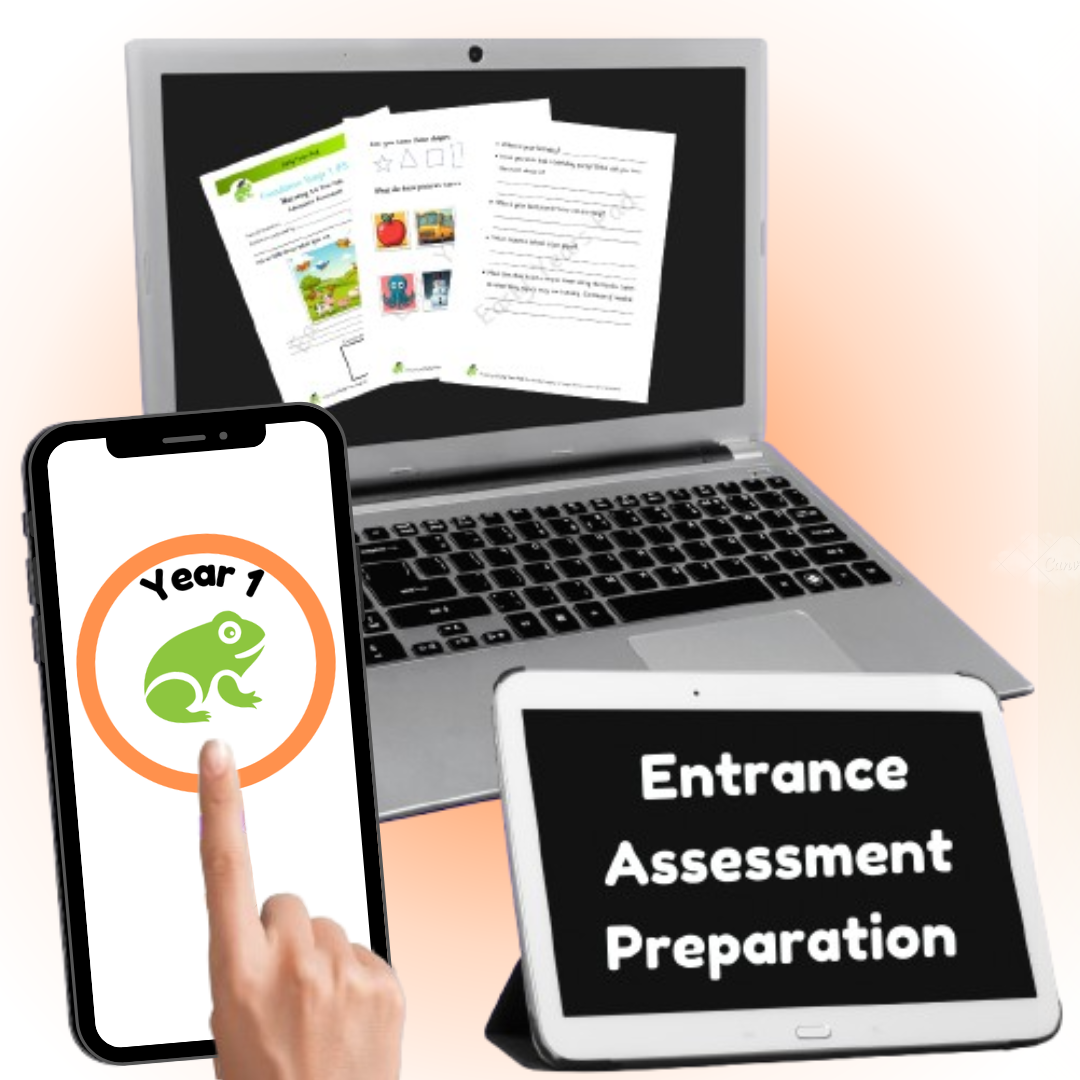Year 1
Year 1 is the first year in Key Stage 1 and very often children move out of a play based environment into a more structured and routine one. This can be quite a jump.
In Year 1 children are expected to apply their phonics and Numeracy skills in a variety of ways and it is here that they accelerate their pre-reading and basic reading skills. It is also in Year 1 where children will most likely sit a Phonics Screening to assess their use of phonics.
What children should know when they start Year 1

Moving into Year 1 is an exciting step as children begin more structured learning. It’s natural for parents to wonder what their child should know before starting. The good news is that Year 1 builds on the foundation laid in Reception, and teachers are there to support every child as they adjust. Still, there are a few skills that can help your child feel confident and ready for the year ahead.
Social and emotional development continues to be important. Children should be comfortable separating from parents or carers, following routines, and working in a group. Being able to take turns, listen carefully, and speak up when they need help are all useful skills as classroom expectations increase.
In terms of independence, children benefit from managing their belongings, using the toilet confidently, and taking responsibility for things like packing their own bag or tidying up after an activity. These small steps support a smooth transition into Key Stage.
Academically, it’s helpful if children recognise letters and sounds, blend simple words for reading, and write some short words or phrases. Basic number skills like counting to 20, recognising numerals, and understanding simple addition are great preparation — but every child will develop at their own pace.
Year 1 is all about building on early learning with gentle support. With encouragement, a positive attitude, and plenty of curiosity, your child will be ready to make the most of this important year.
What can you do to get prepared?
Before you enroll your child at a British School, they will, most likely, require an initial assessment in order for the school to find out a little more about them. Below you will find the resources YOU need to prepare your child for this meeting.
What we offer is an assessment guideline – this gives you a sneak peek or preview about what your child may encounter when they go in for their first meeting.
Can you imagine how your child will feel going into a brand-new environment, with a brand-new teacher? It may be quite overwhelming so let us help you to ease anxiety.
The ‘paper’ is a template of what might be asked of your child and indicates what the assessor may be looking for. This may look different in every school but the information teachers are looking for will remain the same.

